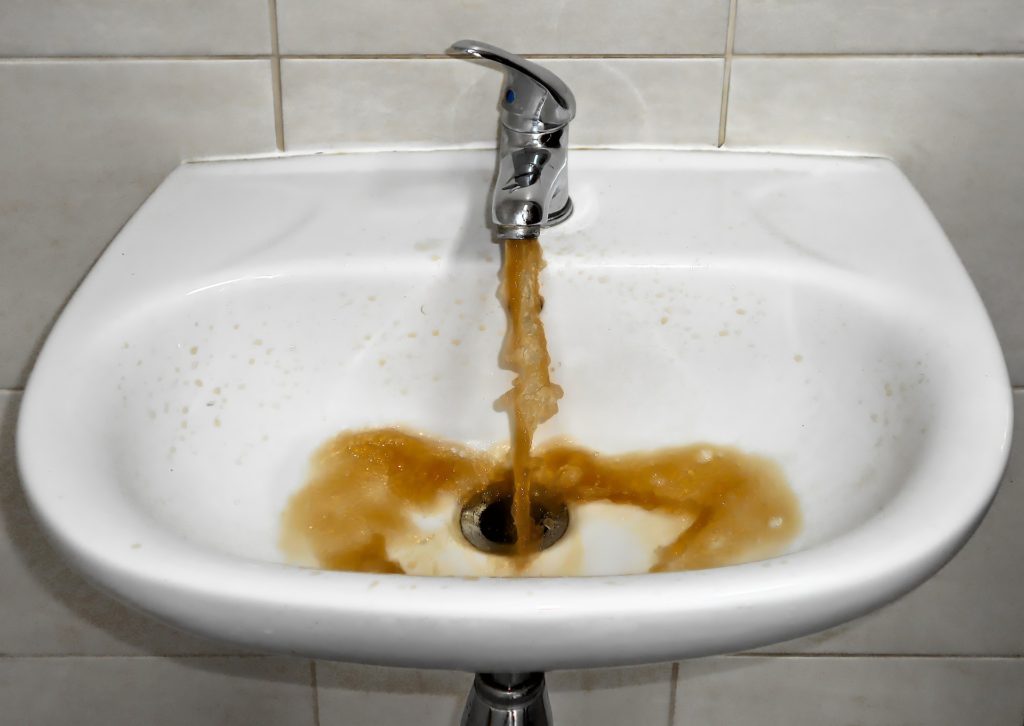Hard water is water that is composed of higher than normal amounts of minerals, typically calcium and magnesium carbonates. To determine the “hardness” of water, it’s broken down into the amount of grains per gallon of water. For example, one grain of dissolved solids in a gallon of water equates to 17.15 parts per million to put that into perspective. So, how many grains can you have in your drinking water for it to be safe? Let’s explore. Soft Water has between 0-3 grains per gallon of water. Moderately Hard Water has between 3-7 grains per gallon of water. Hard Water has 7-11 grains per gallon of water while more than 11 grains per gallon of water is considered Very Hard Water.
Having some minerals in water can be beneficial as our bodies need both calcium and magnesium. However, there are other dissolved minerals and metals that may not be healthy. Therefore, to totally understand the quality of your water, it’s best to contact your water source provider and obtain the latest water quality report. If you’re on a well, you can contact a water testing laboratory and have the water tested. The water quality report should have the amount of grains per gallon, including other water quality factors. Based on the report you can determine the hardness of the water and if applicable have a complete home water purifying system installed. If you do not understand the report, contact your water source supplier.
You may feel the effects of hard water when you wash your hands with soap. After washing, you may feel a residue left on your hands. Or, after washing dishes, you may notice spots or a “film” on the dishes. This is hard water residue, not dangerous but it leaves an unsightly appearance.
The challenge with hard water is the residue left behind. Deposits of calcium carbonate can form within your homes plumbing system. These deposits can reduce the life time of equipment and appliances, increase the cost of heating water and lowering the efficiency. The deposits can also clog pipes causing slow to no drainage capabilities.
If you’ve determined you need a home water purifying system or if you simply want a water filter, check out the various options by Clicking Here. If you have specific questions, feel free to contact us at Home Health Hazards.

